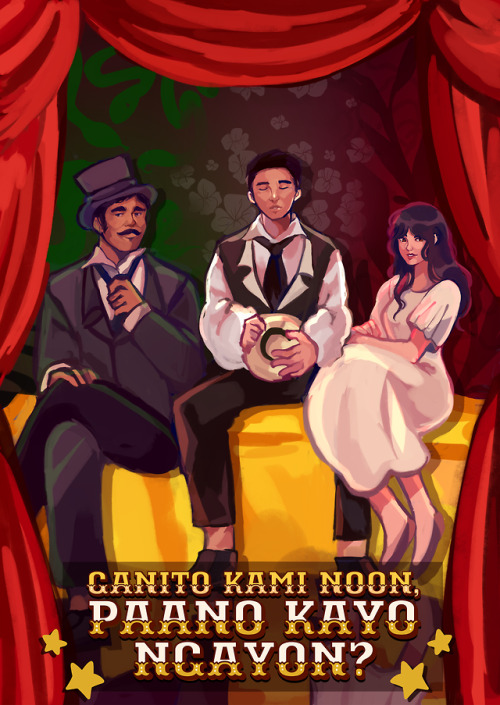Utilizing learning from the classroom scene to my everyday life is one major turn about that I have noticed through one semester of learning the Life and Works of Rizal. The awareness of how Rizal lived his life makes me more determined to live mine to its potential and to actually make a an impact to other people's lives. With all the news on the koalas, the amazon, Hongkong, plastic pollution and climate change, I started to think about what the point of pursuing my college life when I could actually do volunteer and charity works to directly support programs that pursue helping these areas. The thought of dropping flashed in my mind and I immediately dismissed it for I knew that education or my intellectual development is the highest form of treasure that I could acquire alongside the shaping of my morals and virtues, while in the university, surrounded by a diverse set of people. This made me correlate with the fact that Rizal, if he was in shoes, would definitely opt to just study and finish the six-year degree on time to be a citizen specializing in the welfare of animals. Serving the country by working with animals would be my part in this society.
I have realized that Rizal is more than just a hero, he to me is like a friend that he has never met, a one-sided relationship that I think that I have with him. He becoming a more significant figure than he was before has influenced my way of thinking, the way I see the societal problems and how to theoretically solve them and how to live my life by my own means and my own set of goals to achieve the greatest possible good in order to help other people. I am very much fueled to do my share in this world and I can now say that the study on Rizal's life and works have brought me to where I am now, drawing inspiration on the national hero to never back down, to be rational and to fight for the nation in your own means. I really appreciate the class for I did not only learned facts but my opinions on things have broadened and that is what I am aiming for, learning.
As the semester closes to an end, I'd like to express how thankful I am that for the first time in a while, I have enjoyed learning in a new perspective. The correlations between the problems in Rizal's time to our time today, are significantly similar, and learning the roots of all these chaotic mess of society, my drive to find possible remedies is fueled by Rizal determination. Though he showed hopelessness, anger and negativity that can be inferred from his works, he showed the down slope of things, that everything has an uphill and a downhill portion. PI made me feel that he was also an ordinary person who became very extraordinary as he succeeded in harnessing his full potential all for his family and the Philippine nation. I am grateful for his existence. I am fortunate enough to have learned all these under a great professor also. I know that I will stumble more in life and will encounter hopelessness like Rizal, yet I will stand and be reminded of how determination can go a long way.
 |
| Retrieved at https://makeagif.com/gif/jose-rizal-the-movie-part-17-of-17-ZAQ88x |


